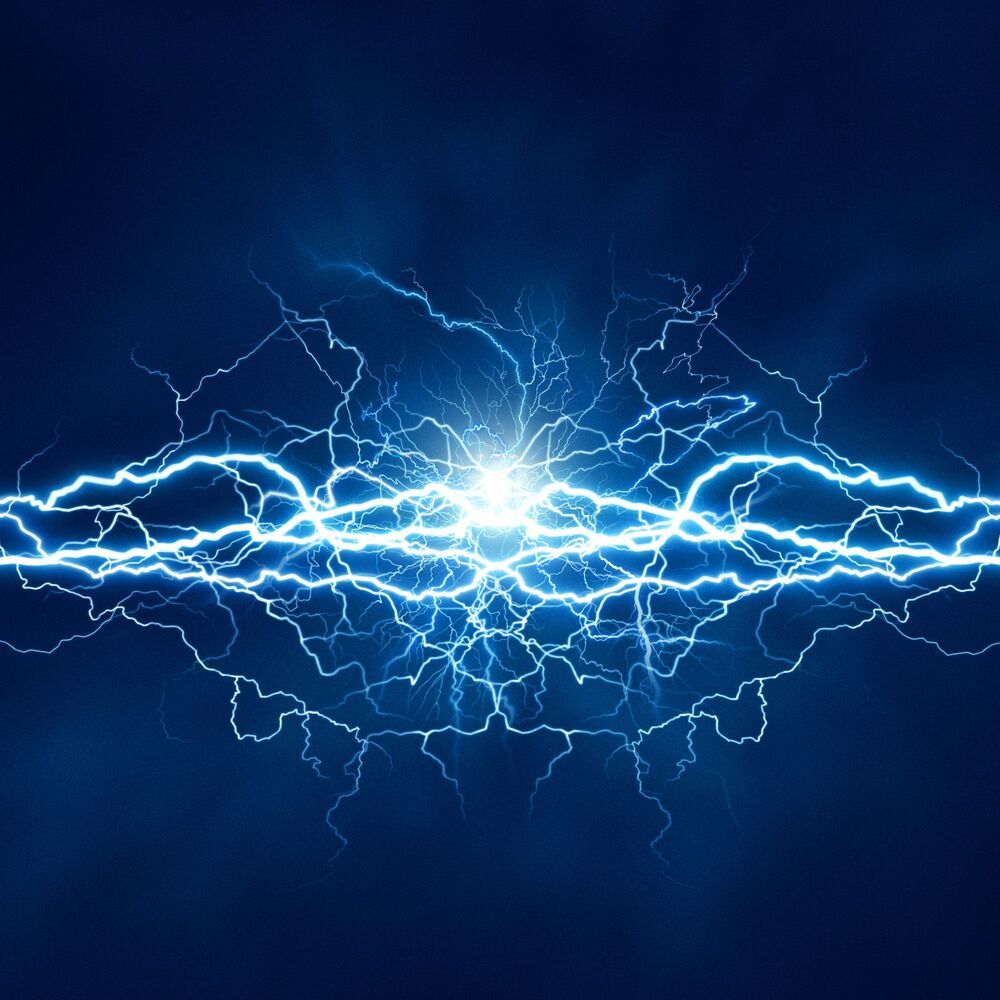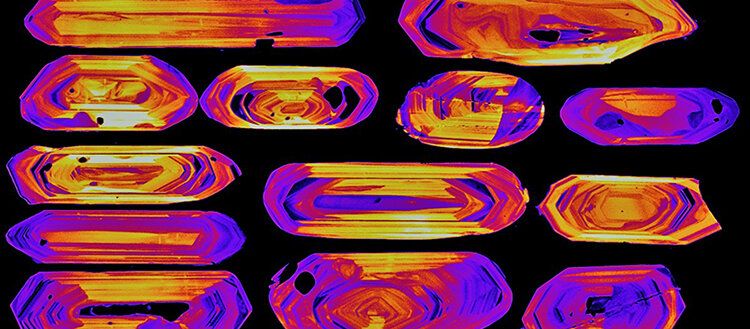Superconductors – materials in which electricity flows without any resistance whatsoever – could be extremely useful for future electronics. Now, engineers at the University of Tokyo have managed to create a superconductor out of a state of matter called a Bose-Einstein condensate (BEC) for the first time ever.
Sometimes called the fifth state of matter, behind the more commonly known solids, liquids, gases and plasmas, Bose-Einstein condensates are what happens when you cool a gas of bosons right down to almost the coldest temperature possible. Experiments have shown that at this point, quantum phenomena can be observed at the macro scale. Scientists have used BECs as a starting point to create exotic states of matter like supersolids, excitonium, quantum ball lightning, and fluids exhibiting negative mass.
“A BEC is a unique state of matter as it is not made from particles, but rather waves,” says Kozo Okazaki, lead author of the study. “As they cool down to near absolute zero, the atoms of certain materials become smeared out over space. This smearing increases until the atoms – now more like waves than particles – overlap, becoming indistinguishable from one another. The resulting matter behaves like it’s one single entity with new properties the preceding solid, liquid or gas states lacked.”






